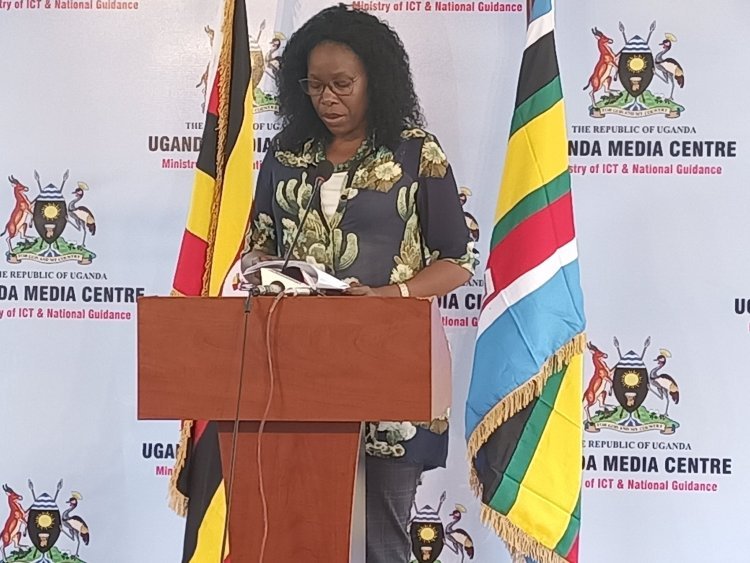Ministry of Lands Intensifies Efforts to Protect Tenants from Illegal Evictions

The Ministry of Lands, Housing and Urban Development has reaffirmed its commitment to safeguarding tenants from illegal evictions and fraudulent practices amid rising concerns.
Despite existing laws and regulations aimed at harmonizing landlord-tenant relationships, the ministry continues to receive reports of unlawful evictions and the use of forged documents, particularly court orders, to displace tenants by occupancy (bibanja holders).
Addressing Illegal Evictions and Fraudulent Practices
The Ministry has recorded numerous cases involving double titling, succession disputes, landlord-tenant conflicts, double sales by registered proprietors, generational claims, boundary disputes, illegal grants by district land boards, and erroneous issuance of titles.
To date, the Office of Titles has handled 2,134 cases requiring evidence or court decision implementation since 2014.
Legislative and Presidential Support
Hon. Judith Nabakooba, Minister of Lands, Housing and Urban Development reminded Ugandans that the Land Act of 1998, as amended, provides robust protections for tenants, ensuring a harmonious landlord-tenant relationship.
Additionally, a 2013 statement by President Museveni emphasized the illegality of coercing peasants into accepting compensation against their will and condemned fraudulent eviction orders.
The President's directive calls for verification of court orders by the Registrar of the High Court and the involvement of district security committees in implementing evictions.
Protection of Bibanja Holders
The law recognizes two primary categories of tenants by occupancy: "bonafide occupants" and "lawful occupants."
Bonafide occupants are those who have utilized or developed land unchallenged for at least 12 years before the 1995 Constitution, or those settled by the government.
Lawful occupants include those with rights under repealed laws or with the consent of the registered owner.
Under Article 237 (8) of the 1995 Constitution and Section 92(1)(e) of the Land Act, it is a criminal offense to evict lawful or bonafide occupants without a court order, punishable by up to seven years of imprisonment.
Tenants who sell their kibanja without offering the landlord the first right of purchase face up to four years of imprisonment or a fine of 1,920,000 Shillings.
Eviction Procedures and Judicial Guidance
The Chief Justice's Practice Direction No. 1 of 2007 and the Constitution (Land Evictions) (Practice) Directions, 2021, outline stringent procedures for evictions, ensuring they are carried out respectfully and legally.
Key requirements include valid court orders, notification of police and local authorities, and adherence to specified hours and conditions to protect vulnerable persons.
Mitigating Title Fraud
To combat fraud in title processing, the Ministry has introduced measures such as requiring police reports for lost titles and verifying the identity of registered owners.
The Land Information System now sends alerts to registered owners and links with NIRA for verification.
The Ministry also recommends newspaper advertisements in addition to gazette notices to increase public awareness and objections to fraudulent title applications.
Emphasizing Land Inspections
Land inspections are crucial for ensuring accurate and lawful registration.
The Ministry has received numerous petitions regarding non-compliance with inspection procedures, emphasizing the need for thorough evaluations by Area Land Committees and District Land Boards.
Role of Local Councils
The Ministry clarified that Local Councils (LCs) should not involve themselves in land sales and registrations, which are the responsibility of Area Land Committees at the sub-county level. This distinction aims to prevent unauthorized and potentially fraudulent land transactions.

































